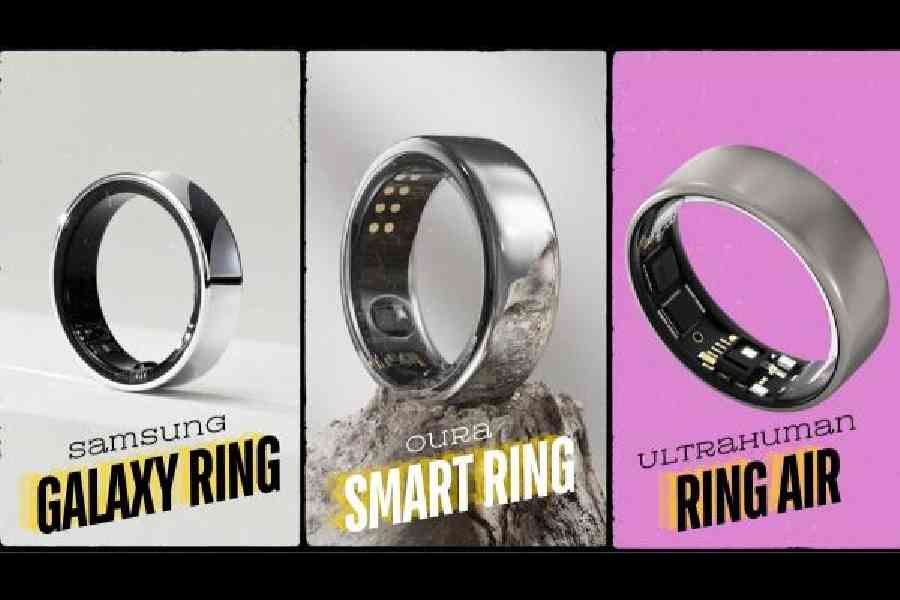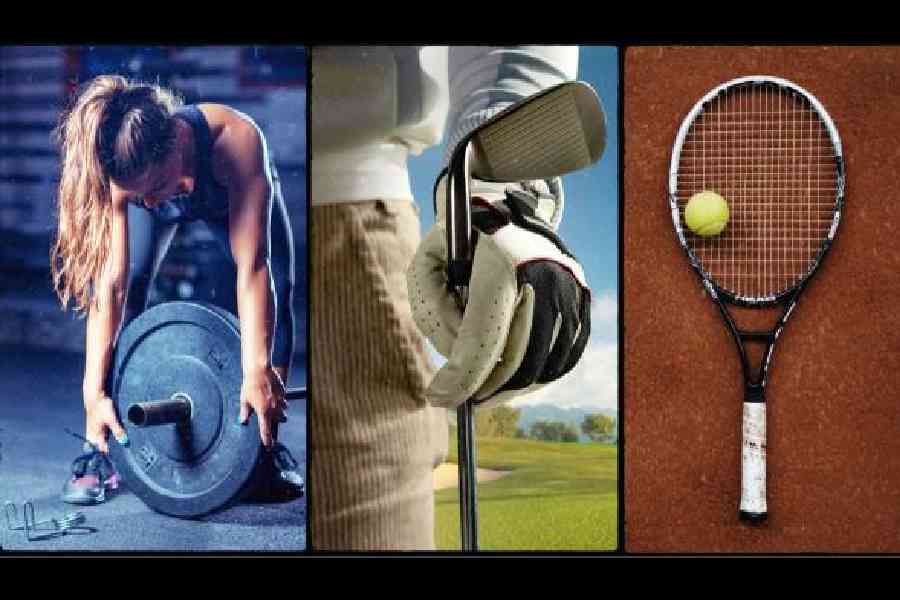Smart rings, do you need another gadget in your life? In the last few months, at least four brands have approached me to review their products because smart rings are supposed to be less obtrusive, offer better battery life than a smartwatch, come without a screen and deliver some important health data. All of this is true but, there are many buts to a smart ring. We look at some of the issues that smart rings come with.
One size has to fit the finger
Sizing is an important aspect of the smart ring. You need to remember that once you buy a ring, you cannot get it “tightened”. In other words, you need to replace it if your finger changes size... it can! Companies have sizing kits and these help you get a snug fit. If the sizing is off the charts, readings too will be all over the place. A poorly-fitting ring can mean your sleep readings will be incorrect. With a smartwatch, you can easily tighten the strap to get a snug fit.
Gold ring or metal band?

There are plenty of smart ring options in the market but if you don't get the sizing correct, readings will be off the charts
The world has already seen Gucci x Oura Ring, a collaboration between the Italian luxury house and Oura, a Finnish health technology company that in 2016 released its first model, a sleep-tracking ring. But that’s my point: Unless it’s a ring design I can show off, will I wear it?
And there is a twist in the tale in India: At times, finger finery is restricted to “spiritual decisions”. So, there may not be much scope for smart rings, which work best on the index finger. All the sensors are on the same side of the ring and are usually lined up at the bottom. You’re supposed to align all those sensors with the palm side of your hand for the best readings, and then you’re supposed to wear it on your index finger for the best results; not on your ring finger.
Does it fit in with your activity list?
You want to be the next Tiger Woods and that means you may not want to wear a smart ring while teeing off. You need to make a list of your daily activities, many of which don’t allow you to wear a smart ring. For example, if you play golf, smart rings can be an impediment. Or if you do weight training, you can’t have a ring on. For each of those major workout activities, you have to take the ring off, which defeats the purpose of a fitness tracker that’s supposed to know everything about one’s fitness. When it’s not tracking the most workout stuff that one does, what’s the point of having a smart ring?
Watch sensors are more powerful
Compared to a smartwatch, ring sensors are not as heavy-duty. You won’t get the higher level data that you get with a watch that offers ECG or a smartwatch that can check for Afib. The ring knows if you’re active but it doesn’t have GPS.
Why Apple is keeping away from the segment?
It’s no secret that Apple wants to play an important role in the health sector with the Apple Watch. Bloomberg has reported that the company is looking at using the Watch to track glucose.

Some activities are difficult to execute when wearing a smart ring. For example, it may hurt while lifting weights, wearing a glove while golfing could be uncomfortable and the same goes for gripping a tennis racket handle
Apple can make a bigger difference in healthcare if it can come up with these new sensors in a Watch before it starts trying to cram sensors for a ring.
Of course, there is an argument that data from a ring can also supplement data from a smartwatch... so more data means better data. But Apple is saying that the data gathered from the Watch is sufficient.
Apple has come up with an app called Vitals, which is coming with watchOS 11. It contextualises a set of metrics: heart rate, respiratory rate, wrist temperature, blood oxygen, and sleep duration. These can be seen as recovery metrics. The app offers a daily overview of health metrics the Apple Watch collects. If two or more health metrics or “vitals” are a little out of whack for what’s typical for you, Vitals app will let you know. To build out this feature, Apple used data from its own heart and movement study and clinical guidance for messages or alerts to deviations that may need more context. So Apple Watch has a lot of data to help you make sense of your fitness. Why switch to a new device for which you need to pay extra?
Also, the Apple Watch is marketed to highlight that it can help you lead a healthier life as well as save lives. So Apple can save resources to make a better Watch than come up with another product.
Think about it
What a smart ring can offer is better battery life and it’s less obtrusive. But is that good enough to make us splurge? I see the ring as a symbol of wanting something less intrusive than a smartwatch. No, there’s no screen. But it comes for big bucks.











